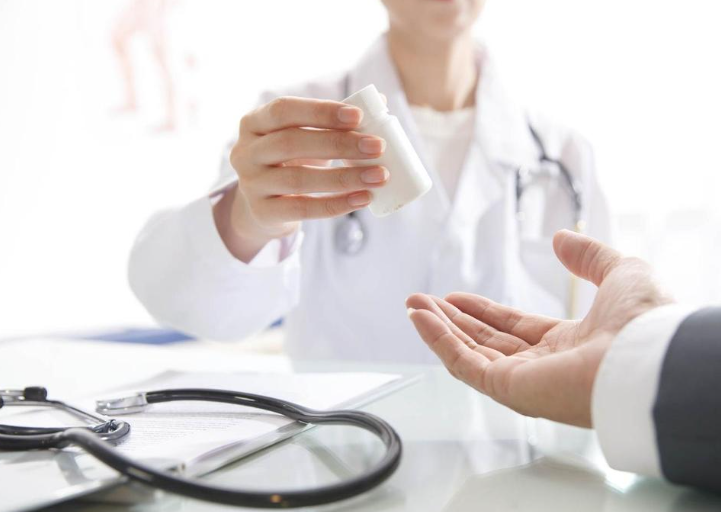
Heavy rain not only affects people's lives, but also brings hidden dangers to human health, how to prevent and protect health after heavy rain, these matters need attention.
Heavy rain weather is easy to bring microorganisms and viruses, which brings hidden dangers to human health.
- Erysipelas and lymphangitis. Generally, after heavy rain, bacteria are easy to enter from the skin pores after wading into the water, drilling into the lymphatic vessels, thereby causing erysipelas and lymphangitis. If there is a break in the foot, it is more likely to occur!
2, rub rash, foot ringworm. After soaking in waterlogging for a long time, the barrier function of the skin is destroyed, and fungi and bacteria have the opportunity to take advantage of it, which is easy to cause skin diseases such as interrub rash and ringworm of the foot.
People with a history of diabetes need to pay more attention to get out of the sewage environment in time, dry their feet, and prevent fungal and bacterial infections.
3, cramps, arthritis, rheumatism. On rainy days, many people change into sandals and brave the rain to work and wash their feet with cool water to keep them clean. However, cold water washing feet will make pores suddenly close and block, coupled with muscle fatigue, tension increase, legs and feet are easy to cramp, more likely to induce arthritis and rheumatism.
Sewage is generally infested with worms. If the bite is only itchy, hormone ointment can be used to relieve the itch.
4, dysentery, infectious diarrhea, etc. Experts said that during the rainy season, unclean diet or drinking contaminated water may cause gastrointestinal diseases, abdominal pain, vomiting, and even fever. Do not eat moldy spoiled food, do not directly use well water, river and lake water as drinking water, you can choose boiled water, bottled water, bottled water and other safe water sources to drink.
Try to drink cold drinks as little as possible, so as not to damage the stomach and increase the risk of gastrointestinal infectious diseases. When storing or processing food at home, be sure to separate raw and cooked food to prevent cross-contamination.
The home is mildew-proof and ventilated
While raising awareness of disease prevention and paying attention to food safety, residents should also do a good job of cleaning and disinfecting the home environment.
Humid and hot weather is easy to breed mold, to keep the indoor and car environment clean;
Remove water sources or damp sources that can cause fungal breeding, repair areas with leakage inside and outside the room;
Keep the indoor relative humidity below 60%;
Open the closet door as little as possible to avoid mildew of cotton, linen, silk, wool and other fabrics with strong hygroscopicity;
Home furniture is mildew proof, and dry cotton cloth should be used to remove dust and glazing to avoid mildew due to excessive humidity.
Walk outside to prevent accidents
During heavy rain, you should minimize going out. When walking in a thunderstorm, pay attention to the following points: wear a raincoat or an umbrella with a wooden handle or a bamboo handle, not an umbrella with an iron handle; Stay away from outdoor high-altitude advertisements, damaged power facilities, etc., and be careful of being injured by falling objects; Do not take shelter on open heights or under trees, where lightning is most likely to strike; Stay out of open water and small boats; Do not stand near power lines, flag poles and tall objects without lightning protection equipment such as haystacks and tents; Stay away from rails, metal railings, and other large metal objects; Do not carry metal objects in the open air; It is best not to ride bicycles and motorcycles when going out; Keep a distance when passing through the construction site, some site walls may be loosened after rain infiltration; When driving out in the wind, do not drive at high speed and try to avoid overtaking.
The flooded accommodation has to be disinfected
After the rain, the water is back, to disinfect the flooded house, safe and effective disinfection work, the Beijing Center for Disease Control and prevention gives the following reminders:
1, to scientific and standardized disinfection, disinfection should be properly done personal protection.
2, it is recommended to choose chlorine disinfectant, chlorine dioxide and other high-efficiency disinfectants, you can also choose other disinfectants that meet national standards or specifications, according to the product specification.
- Chlorine-containing disinfectants have bleaching and fading effects on fabrics, and colored fabrics should be used with caution; Chlorine-containing disinfectants are corrosive to a certain extent. Clean surfaces with water after disinfection, or use other applicable disinfectants.
4, chlorine-containing disinfectants, chlorine dioxide and other disinfectants have poor stability, should be used now.
- Keep disinfectants out of reach of children.

